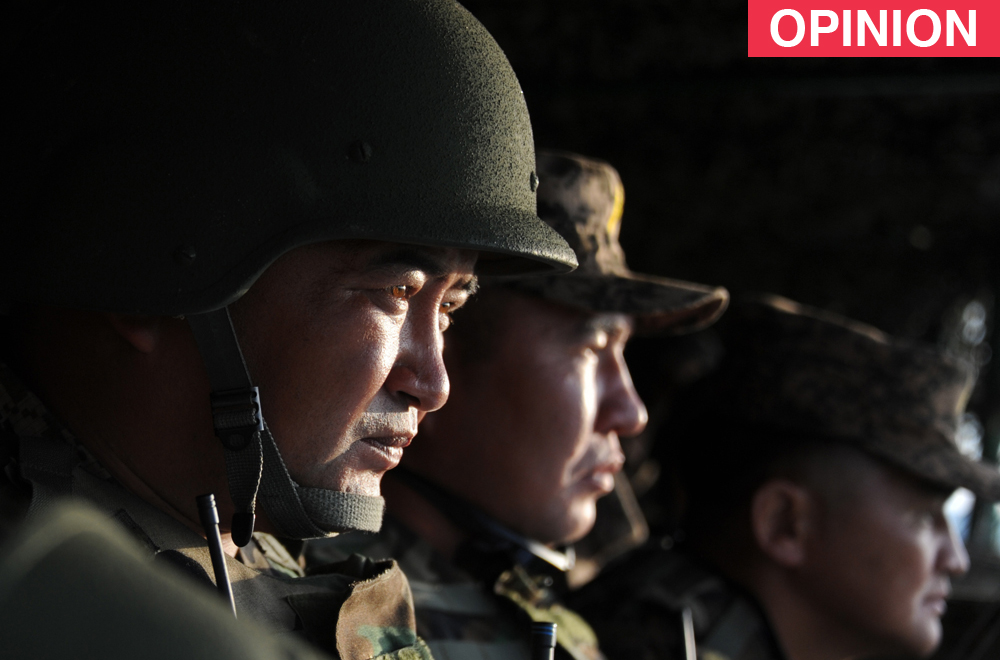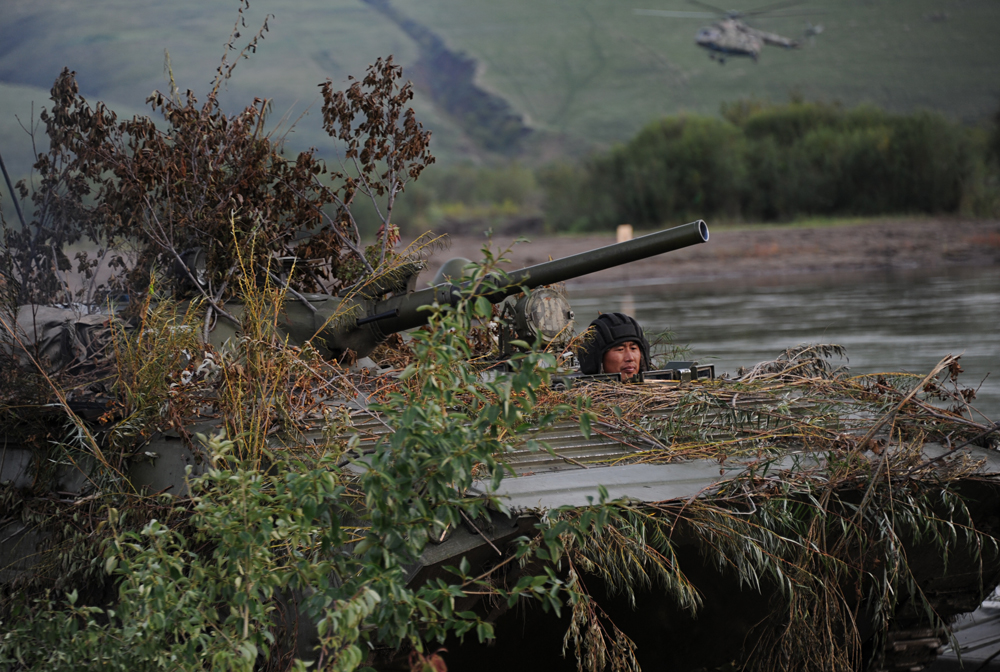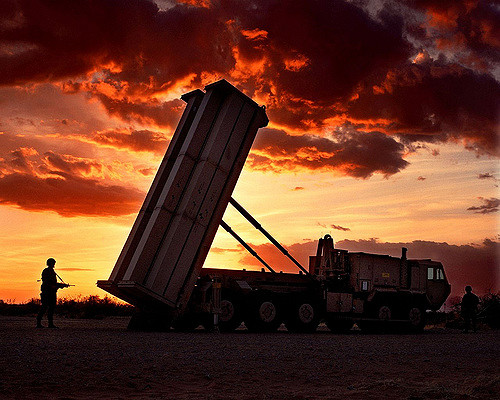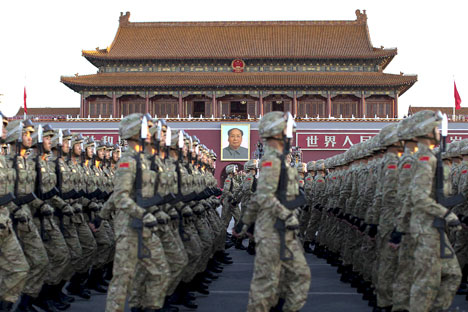Why Mongolian neutrality is significant for Russian security

Military personnel during the joint Russian-Mongolian military exercises "Selenga-2015" at the Tsugol training ground.
Evgeny Yepanchintsev/RIA NovostiOfficials from Mongolia and Russia recently held a second round of talks this month to plan the upcoming Selenge-2016 joint military exercises.
The drills are scheduled from Aug. 29 to Sept. 7 in the Russian republic of Buryatia at the Burduny military facility. On the surface, these military exercises would appear to hint at greater military coordination between Russia and Mongolia, especially along Russia’s vulnerable eastern flank.
However, after years of defense collaboration with various international partners, the Mongolian government has announced that it currently wishes to establish an official policy of neutrality. Mongolian president Tsakhiagiin Elbegdorj issued a communiqué in late 2015 regarding the debate among the country's political elite on making Mongolia a neutral country.
President Elbegdorj asserted that the time had come for Mongolian citizens to debate the issue publicly.
While Mongolia has not officially declared itself to be a neutral country, the issue of neutrality is projected to be high on the agenda of the most recent convocation of the Great Khural (Mongolian parliament). And that could throw into doubt Russia’s military collaboration with Mongolia.
Neutrality and Mongolia’s foreign policy
Mongolian foreign minister Lundeg Purevsuren insists that Mongolian neutrality will not change the fundamental course of Mongolian foreign policy. Of particular importance is Mongolia’s ability to balance between China and Russia, as well as the "third neighbor" aspect of Ulan Bataar's external relations.
 Russian-Mongolian military exercises "Selenga-2015" at the Tsugol training ground. Source: Evgeny Yepanchintsev/RIA Novosti
Russian-Mongolian military exercises "Selenga-2015" at the Tsugol training ground. Source: Evgeny Yepanchintsev/RIA Novosti
The dexterity with which Mongolia has managed its post-communist foreign policy has largely removed the quandary of whether or not Mongolia would have to choose to align politically and militarily with China, Russia or the West. President Elbegdorj has asserted that Mongolia has essentially been neutral in all but name.
However, as Viktor Samoylenko of the Moscow State Institute of International Relations(MGIMO University) points out, neutrality can only be successful if a country enjoys a sound economic standing and is not overly dependent on other countries for financing and investment.
Potential impact on Russian military strategy
Mongolian neutrality may represent a lost opportunity for Russia to increase its military influence in East Asia, especially against the rise of China's defense capabilities.
Russian foreign policy has centered on creating a cordon sanitaire of pro-Moscow states as a way to make up for Russia's lack of natural geographic barriers. Yet no countries on Russia's southern (or in Ukraine's case, southwestern) periphery have seen it fit to declare neutrality.
Russia, therefore, has attempted to bring these countries closer to it militarily, either through membership in any one of the collective security organizations of which Russia is a major member (such as the Collective Security Treaty Organization and the Shanghai Cooperation Organization) or attempting to limit cooperation with NATO. Despite this, Mongolia is cooperating with NATO.
While Mongolian neutrality would affect Russian opportunities to augment its military influence in Asia, such a policy may nevertheless provide Russia with the sense of security in one of its most vulnerable areas that it has craved for so long. If Mongolia officially declares a policy of non-alignment, it may remove any doubt among Russian officials that Mongolia may turn militarily toward China or even the West.
Whether Russia sees the prospect of Mongolian neutrality as a loss or a benefit will depend largely on how Moscow calculates the cost-benefit ratio for Russian interests.
As Mongolia has largely steered clear of overt alignment with any one power or bloc, it seems that Russia will not have much to lose in the event that Mongolia becomes officially neutral. It will likely have much to gain, however, in terms of reduced vulnerability in one area of its eastern flank.
Anthony V. Rinna is a Russia and Eurasia analyst for the SinoNK scholarly research group, and a Russia and East Asia analyst for the Global Research Center in Washington DC. He currently resides in South Korea.
This is an abridged version of an article first published by Russia Direct
Views expressed in this article are personal.
All rights reserved by Rossiyskaya Gazeta.
Subscribe
to our newsletter!
Get the week's best stories straight to your inbox

